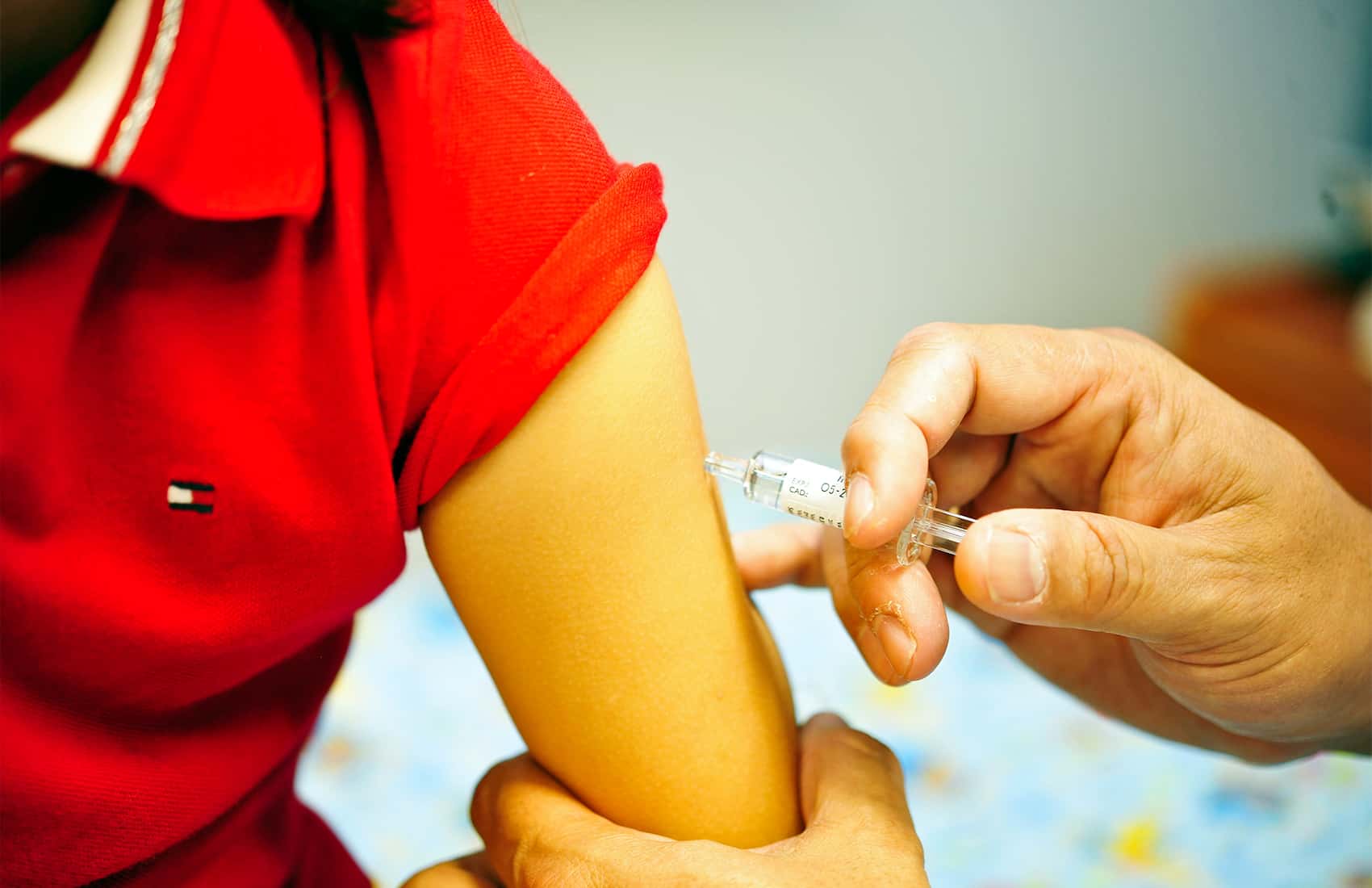Costa Rica’s Health Ministry on Monday approved the use of Dengvaxia, the first licensed dengue vaccine recommended by the World Health Organization (WHO).
The approval is the first step in making the dengue vaccine available to the general public, something that could happen next year.
Roberto Arroba, coordinator of the National Commission on Vaccination and Epidemiology, said the vaccine’s developer, Sanofi Pasteur, still needs to bring a sample to be analyzed by the University of Costa Rica’s microbiology laboratory.
If the vaccine passes the lab tests then the Health Ministry will authorize its import and sale at private pharmacies.
It’ll take longer for Dengvaxia to be offered at public hospitals of the Social Security System, or Caja. The vaccine must first be included in the Pan American Health Organization (PAHO)’s Revolving Fund, which allows member countries to purchase vaccines in bulk, thereby decreasing price and ensuring equal access. That process can take various months, Arroba said.
Following PAHO’s approval, the National Commission on Vaccination and Epidemiology, a group formed by representatives of the Caja and the Health Ministry, will evaluate the vaccine for potential distribution and use at public hospitals.
The commission will conduct a cost-effectiveness analysis and also determine the sectors of the population that will have priority for vaccination. Arroba said the vaccine could be approved for use by the public health system next year.
If approved, the dengue vaccine would be given to people between the ages of 9 and 45, Arroba said. The vaccine must be given in three doses at six-month intervals.
According to a report issued Wednesday by the Health Ministry, there have been more than 8,300 confirmed cases of dengue across the country this year. That’s five times higher than last year at this time.
Dengue research
Sanofi Pasteur said in an email that Costa Rica is the fifth country to approve the dengue vaccine, following Brazil, Mexico, El Salvador and the Philippines.
The company said that tests so far show an average efficiency of 65 percent, and that the vaccine protects against the four existing serotypes of dengue.
Developing the dengue vaccine took more than two decades of research, including 25 clinical studies in more than 15 countries around the world, Sanofi reported. Clinical studies included more than 40,000 volunteers who participated in a three-phase program, the company added.
Dengue is a febrile illness transmitted by the bite of an Aedes mosquito. It is not transmitted directly from person to person.
Symptoms appear three to 14 days after the infective bite and range from mild to incapacitating high fever, severe headache, pain behind the eyes, muscle and joint pain, and rash.
Severe dengue, also known as dengue hemorrhagic fever, is characterized by fever, abdominal pain, persistent vomiting, bleeding and breathing difficulty and is potentially lethal.






